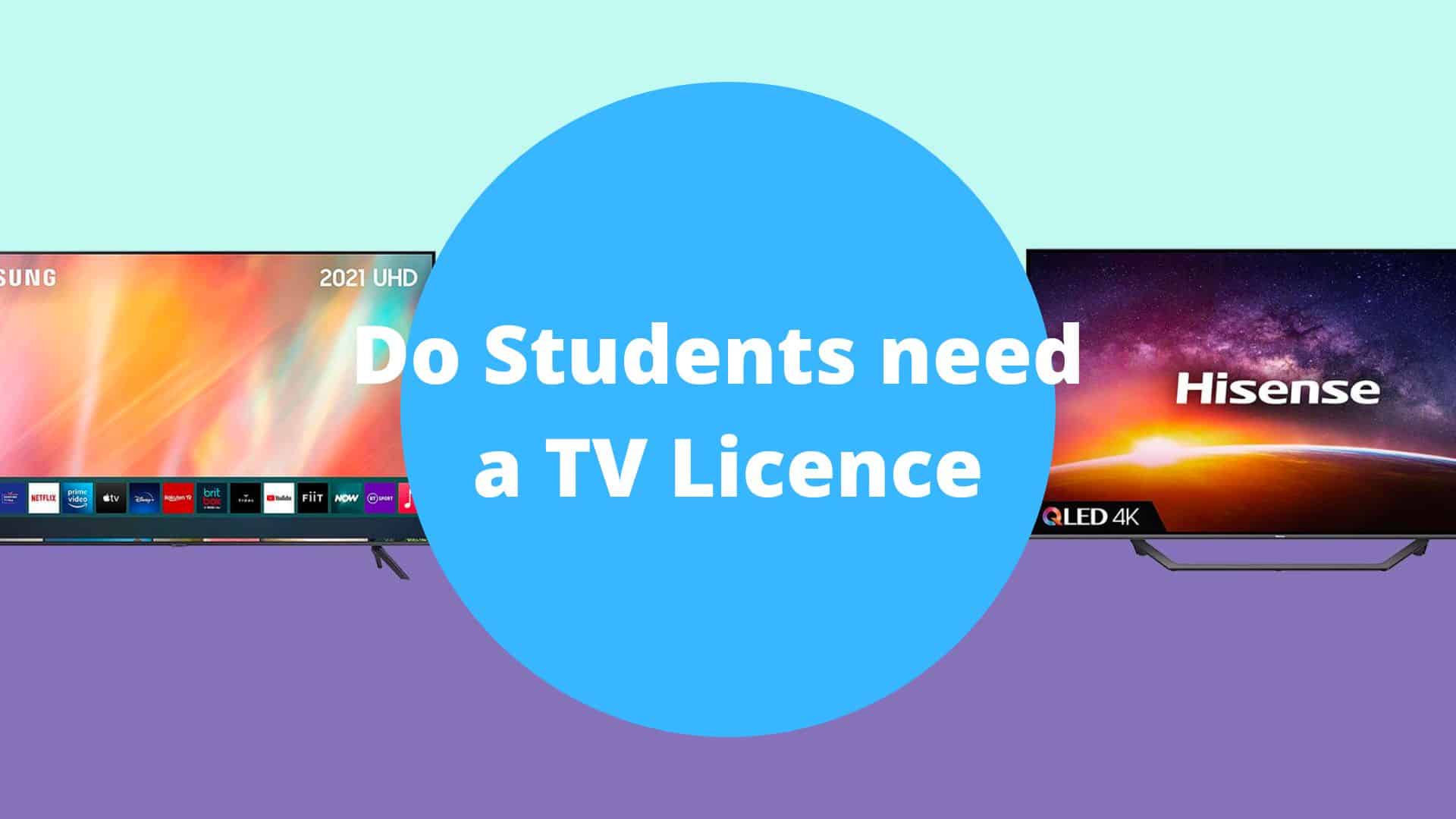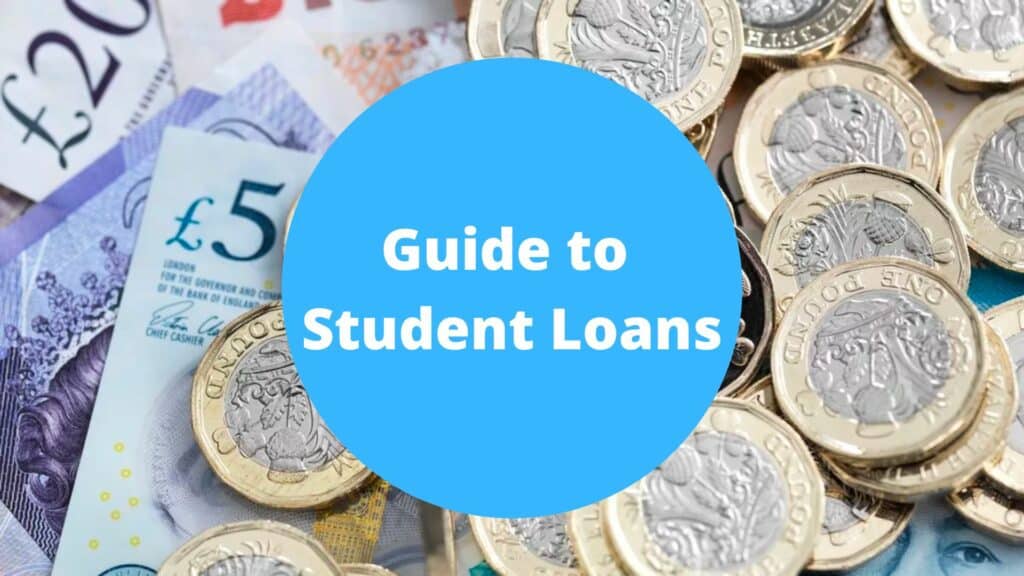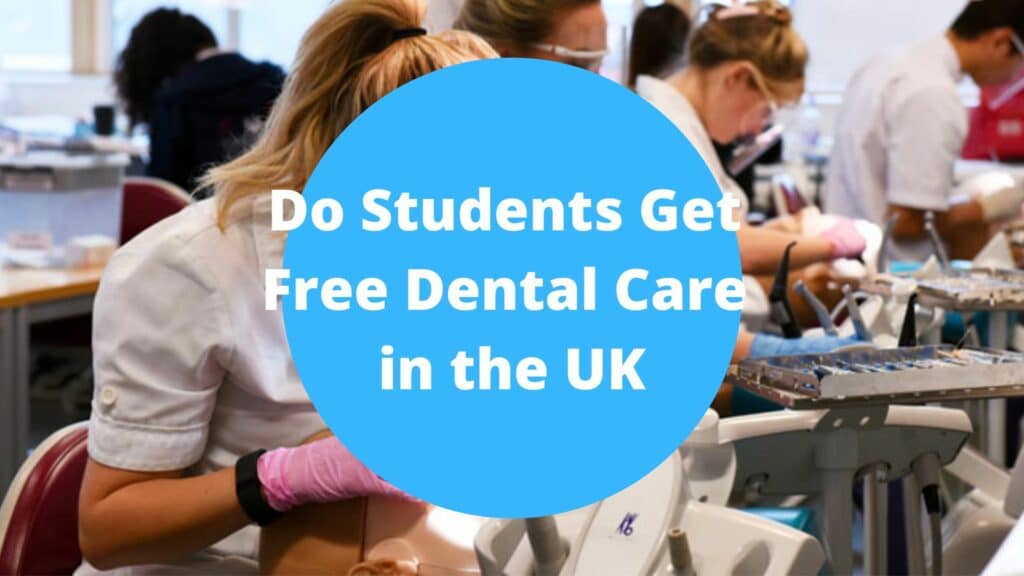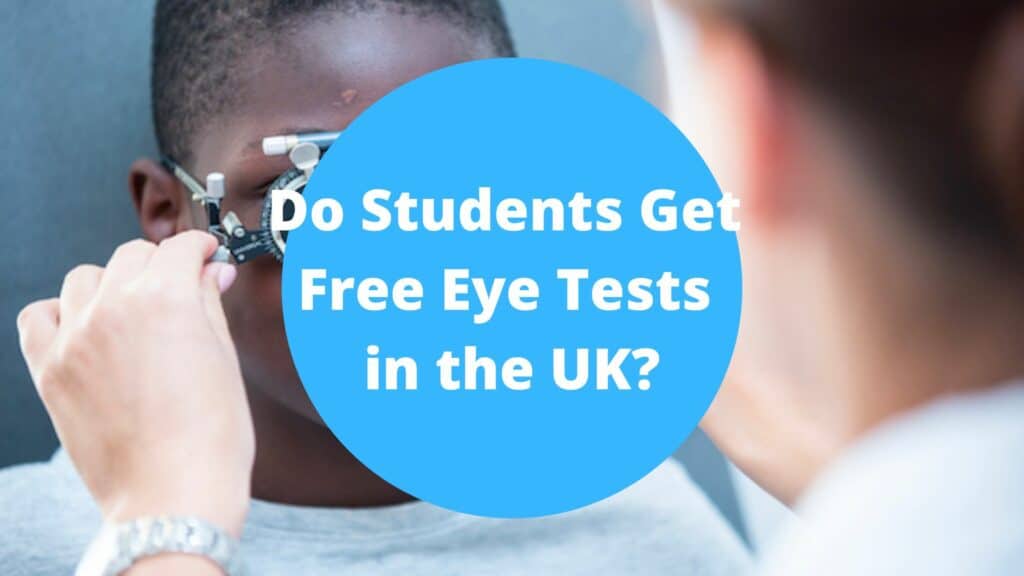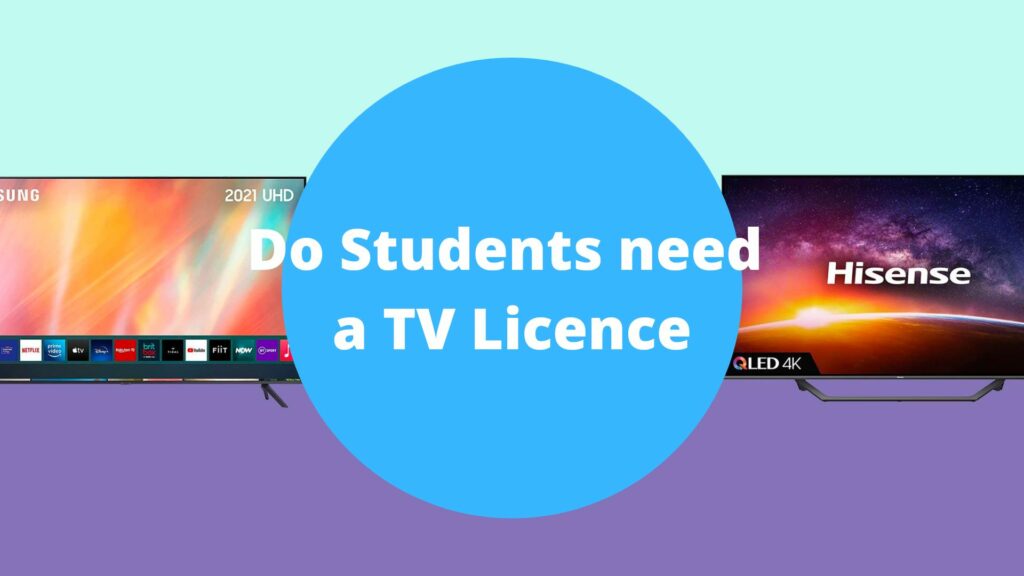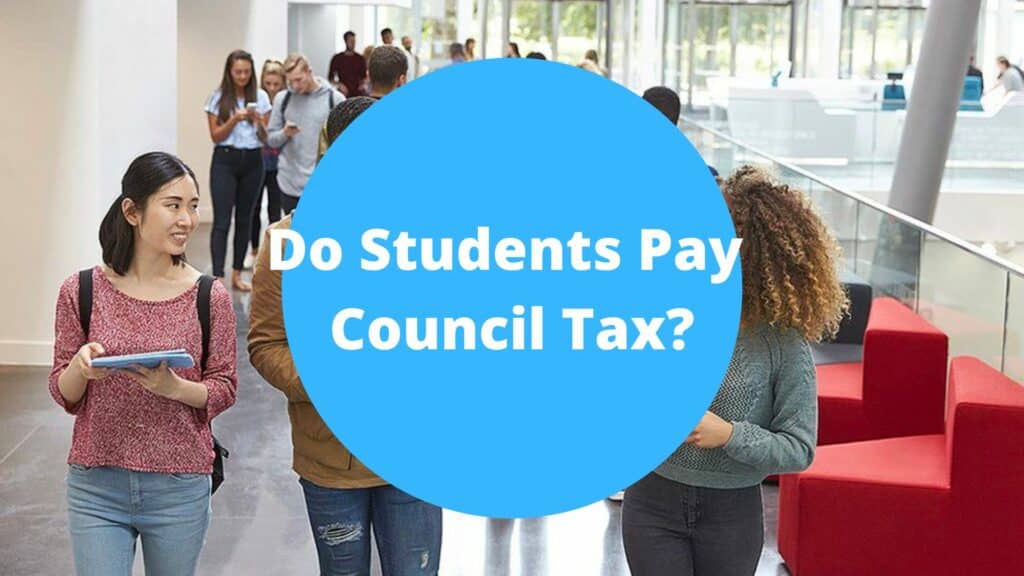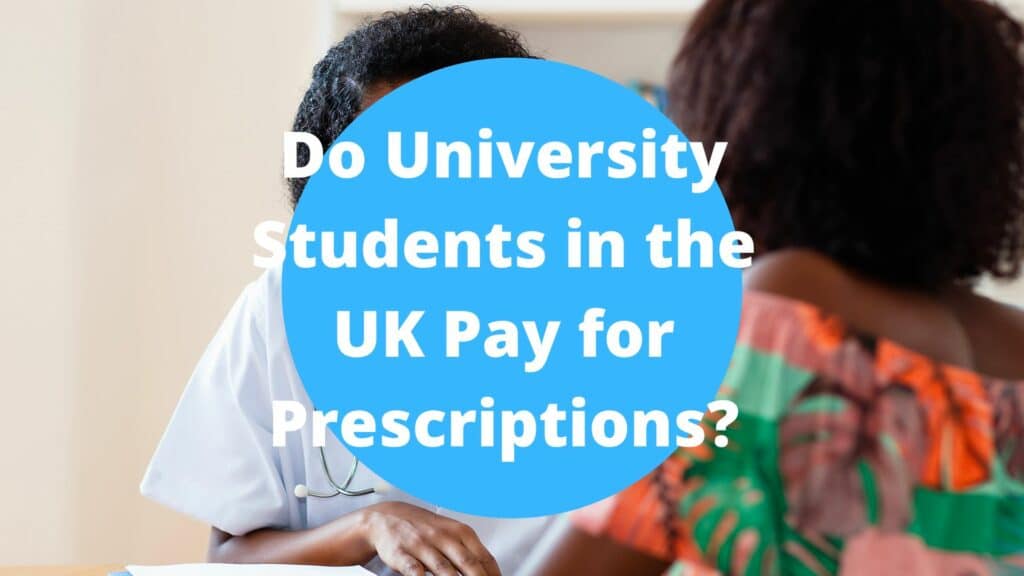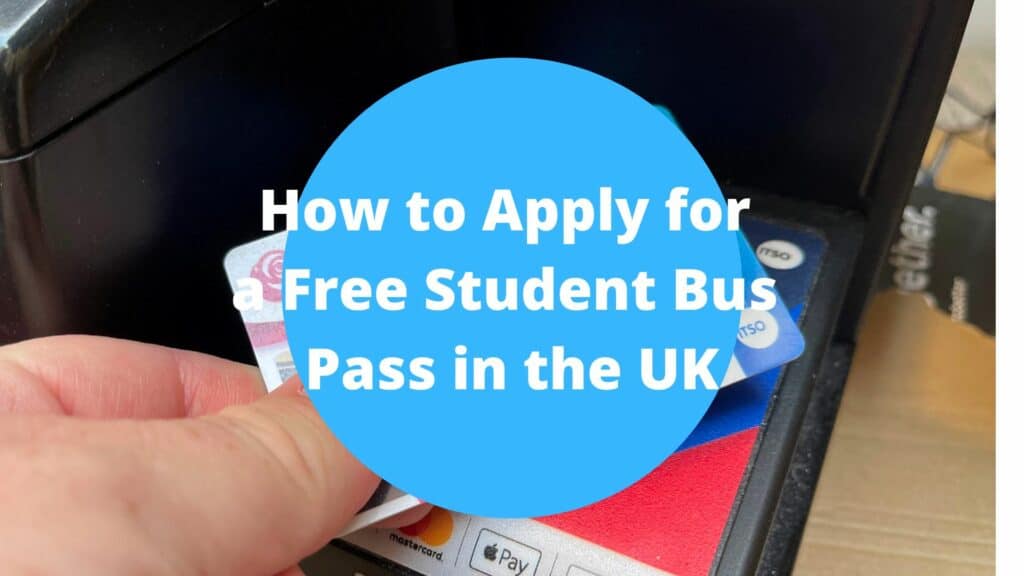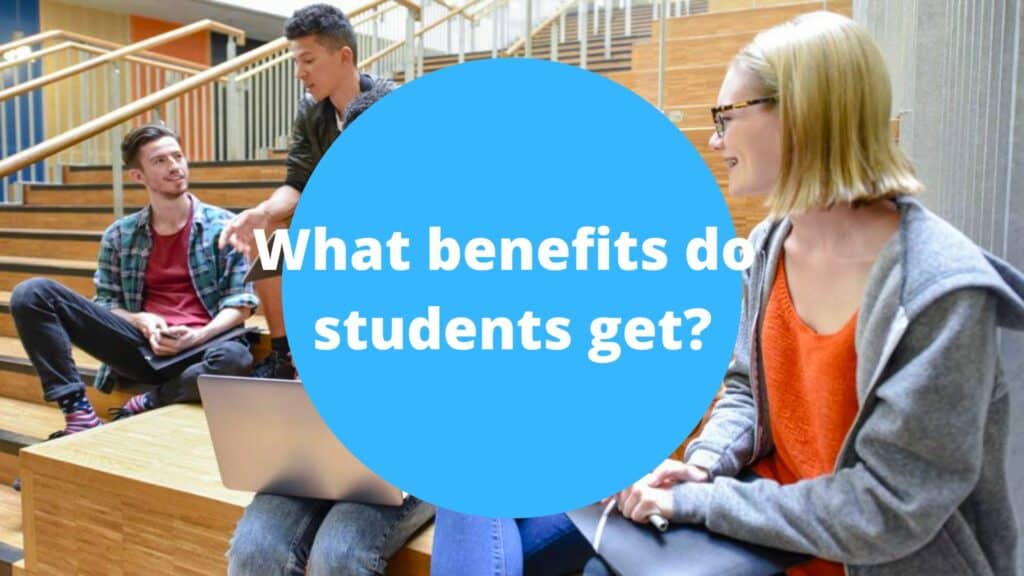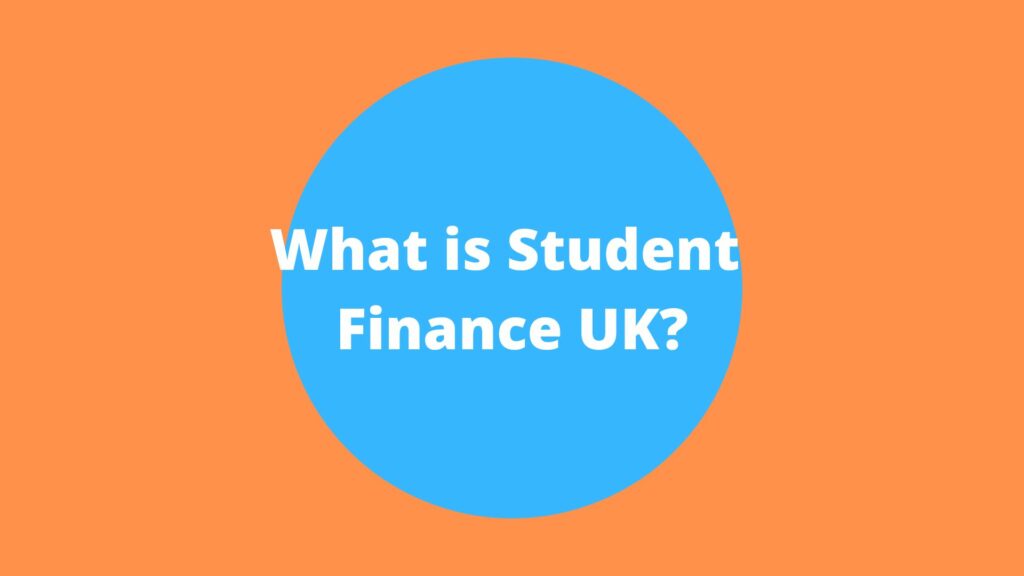In the United Kingdom, the TV Licence is a legal requirement for anyone who wants to watch or record live TV programmes, including live streaming and catch-up TV services, on any device, including a television set, computer, tablet or mobile phone. This means that if a student is living in accommodation that has a TV, and they use it to watch or record live TV programmes, they are required to have a TV Licence.
The reason for this is that the TV Licence funds the BBC, which is a publicly funded broadcaster in the UK. The licence fee helps to cover the cost of producing and broadcasting a wide range of programmes across various channels, including TV and radio.
Get a 50% TV Licence Student Discount
Fortunately, there are some discounts available to students to make it easier to afford a TV Licence. Students who are living in private accommodation and who are over 18 years old are eligible for a discounted rate, which can be paid in instalments over the course of the year. The discount is roughly 50% of the full licence fee, which can be a significant saving for students.
The TV Licence is enforced by the TV Licensing authority, which is a subsidiary of the BBC. Failure to have a valid TV Licence can result in a fine of up to £1,000.
However, there are some exceptions to this rule. For example, if a student only uses their device to watch catch-up TV services, such as Netflix or Amazon Prime, they do not need a TV Licence. Catch-up TV services allow users to watch TV programmes that have already been broadcast, but not live, and they do not require a TV Licence.
Additionally, if a student is living in halls of residence and shares a TV with other students in a communal area, they may be covered by a group licence. A group licence allows multiple people to use the same TV Licence to watch live TV programmes on a shared device. However, it’s worth noting that the group licence only covers the communal areas of the accommodation and does not cover individual rooms or private devices.
If a student is living in private accommodation, they will need their own TV Licence if they use a TV or other device to watch or record live TV programmes in their room. This includes if they use a computer or mobile phone to watch live TV programmes.
It’s also worth noting that TV Licences are not just for students living in the UK. If a student is studying abroad, they may still need a TV Licence if they are watching or recording live TV programmes on a device based in the UK. This could include using a VPN or other methods to access UK-based TV services.
It’s important for students to be aware of their obligations when it comes to TV Licensing, as the consequences of not having a valid TV Licence can be significant. In addition to the possibility of a fine, there could be legal action and even a criminal record.
Overall, whether or not a student needs a TV Licence will depend on how they use their device to watch TV programmes. If they only use catch-up TV services or share a TV in a communal area, they may not need a TV Licence. However, if they use a TV or other device to watch or record live TV programmes, they will need a TV Licence. It’s important for students to be aware of their obligations and to take action to ensure they are compliant with the law.
Do you have a TV? Currys have some great TV deals. Also there is a Samsung student discount if you are looking to get a quality TV or tablet to watch the BBC.
Related Articles
- A Guide to Student Loans
- Best Student Bank Accounts
- Can a Student Get a Credit Card?
- Do Students Get Free Dental Care in the UK?
- Do Students Get Free Eye Tests in the UK?
- Do Students need a TV Licence?
- Do Students Pay Council Tax?
- Do University Students in the UK Pay for Prescriptions?
- How to Apply for a Free Student Bus Pass in the UK
- How to Apply for Student Finance in the UK
- How To Make Money As A Student - Part 1
- How to Make Money as a Student - Part 2
- How to Make Money Online as a Student
- Student Finance
- Student Finance in Scotland
- Student Finance in Wales
- Student Finance Northern Ireland
- The Top 10 Ways for Students to Save Money in the UK
- What are University Hardship Funds?
- What Benefits Can Full Time Students Claim in the UK?
- What is Student Finance UK?
